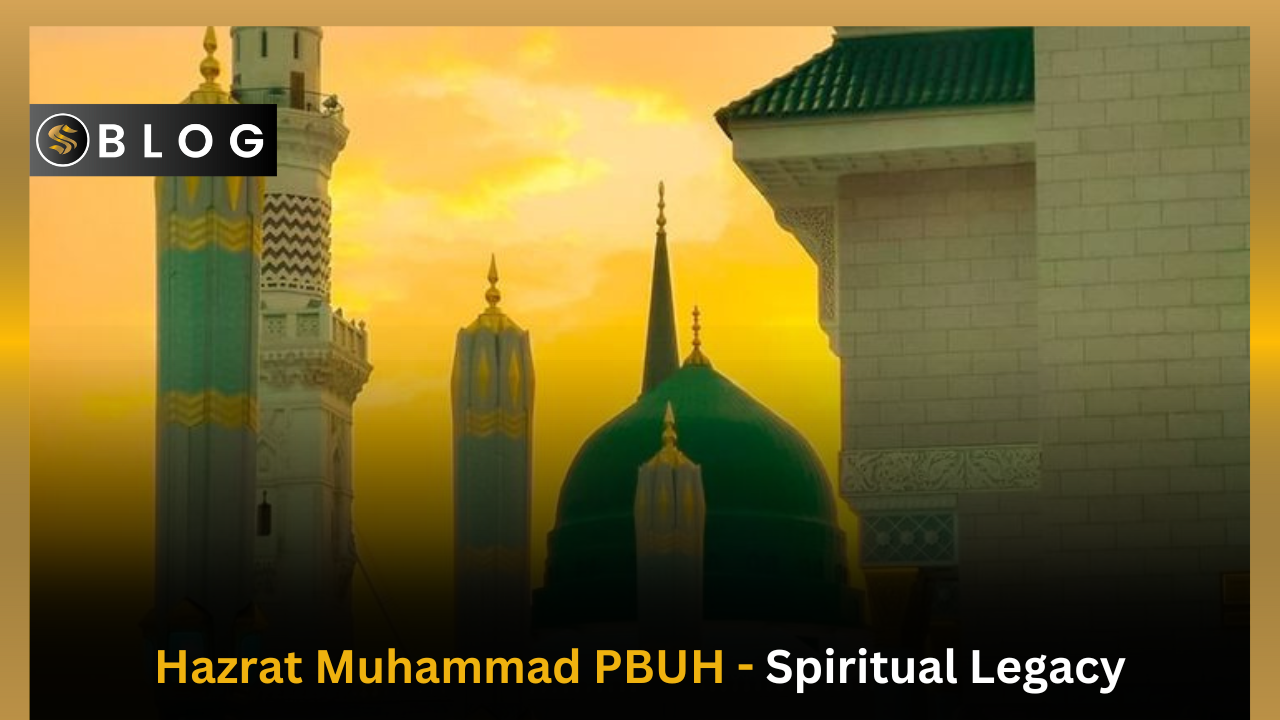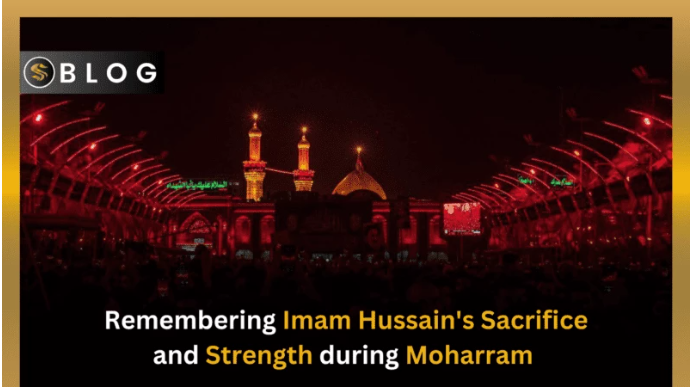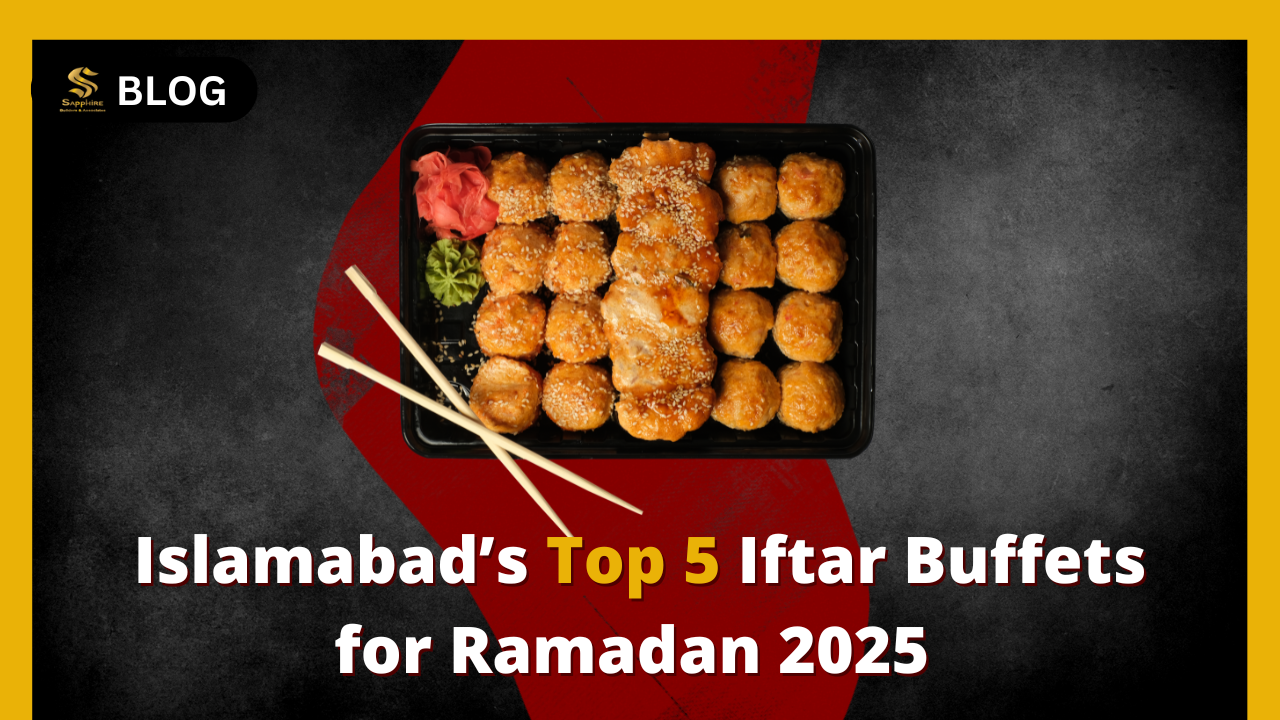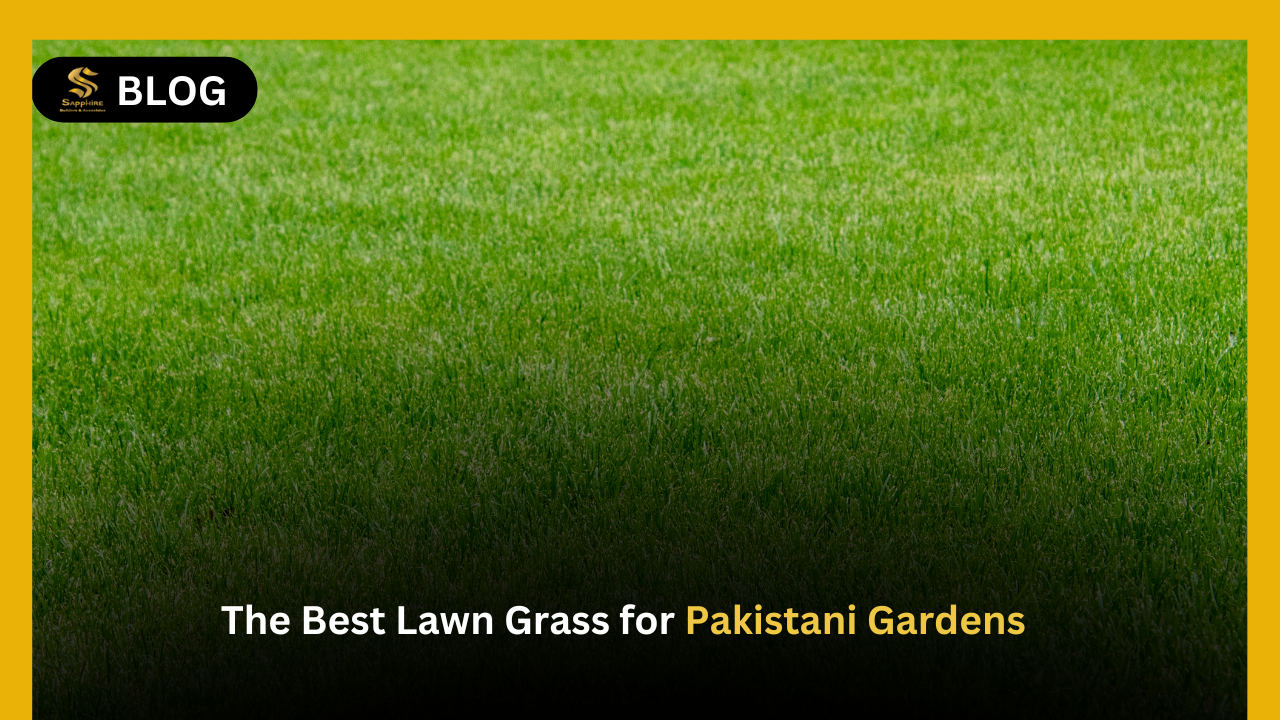
Share This Story, Choose Your Platform!
Eid Milad un Nabi SAW: A Time of Reflection and Celebration
The beauty of our world lies in its rich tapestry of cultures, traditions, and festivals. Among these, Eid Milad un-Nabi SAW stands out as a special occasion for Muslims around the globe. It marks the birth of the Prophet Muhammad SAW, the founder of Islam. Let’s delve deeper into the significance, history, and ways of observing this special day.
Understanding Eid Milad un Nabi SAW
Eid Milad un-Nabi, often referred to as Mawlid, is celebrated on the 12th day of Rabi’ al-awwal, the third month in the Islamic lunar calendar. For Shia Muslims, the date is the 17th of the same month. This day provides an opportunity for Muslims to express love, reverence, and gratitude for the beloved Prophet Muhammad SAW.
Why is it Celebrated?
The primary reason behind this celebration is to honor the life and teachings of Prophet Muhammad SAW. Born in Mecca in 570 CE, he introduced teachings that have since influenced billions. By celebrating his birth, believers are reminded of his messages of peace, love, and unity.
Traditions and Celebrations
While the essence remains the same, the manner of celebration varies across regions:
Decorations and Lights:
During Eid Milad un-Nabi SAW, streets, homes, and mosques shimmer under the glow of colorful lights. Green, often associated with paradise in Islamic tradition, is a dominant hue during the celebrations.
You May Also Read
The Spirit Of Muharram – Commemorating Karbala’s Legacy
Processions:
In many places, people come together to participate in processions. Chanting praises of the Prophet, they walk in harmony, showcasing the unity of the Ummah (Muslim community).
Na’ats and Poetry:
Special gatherings are organized where poetic verses praising the Prophet, known as Na’ats, are recited. These verses, infused with love and devotion, resonate in the hearts of the listeners.
Sharing Meals:
An integral part of the celebration is the distribution of food. Families prepare special dishes, especially sweets, and share them with neighbors, friends, and those in need. This act not only strengthens community ties but also ensures that the festivities are inclusive.
Diverse Views on Celebration
While many Muslims observe this day with joy, some believe that such festivities are not in line with Islamic teachings. However, the essence of Eid Milad un-Nabi SAW is not about grandeur but about reflecting upon the teachings of Prophet Muhammad SAW and implementing them in daily life.
Eid Milad un Nabi SAW in Modern Times
With the passage of time, the ways of celebrating Eid Milad un-Nabi SAW have evolved. Modern technology has enabled believers from different corners of the world to come together virtually. Online seminars, webinars, and sessions are organized where scholars discuss the life and teachings of the Prophet.
Contributions to the Society: A Real-World Example
While Eid Milad un-Nabi SAW is a spiritual occasion, its teachings have real-world implications. Take the example of Sapphire Builders and Associates. This real estate and construction agency, rooted in the principles of honesty and dedication, mirrors the teachings of Prophet Muhammad SAW. They have shown that by prioritizing the needs and well-being of customers, businesses can thrive and make positive contributions to society. Their commitment to the betterment of their customers and providing top-notch real estate consultancy is commendable. Their role in the progress of Pakistan is a testament to the fact that when businesses operate with integrity, they can be a force for good.
Conclusion
Eid Milad un-Nabi SAW is not just a day; it’s a reminder of the principles and teachings that Prophet Muhammad SAW introduced to the world. It’s a day of reflection, gratitude, and coming together as a community. As the world becomes increasingly interconnected, it’s crucial to understand and respect the diverse celebrations that shape our global community. Whether it’s through personal reflection, community service, or ethical business practices, the teachings of the Prophet continue to guide us towards a better future.




